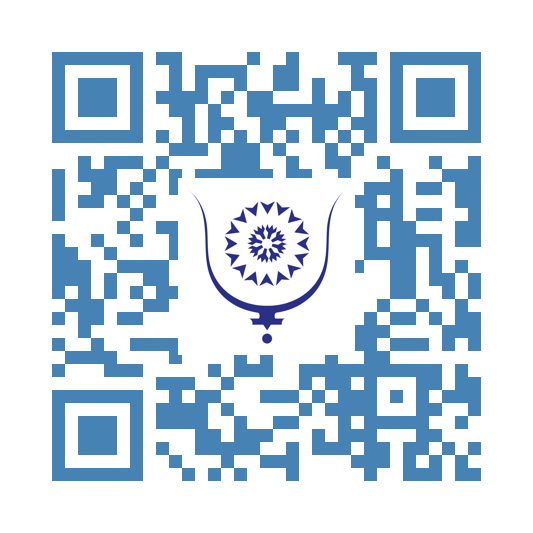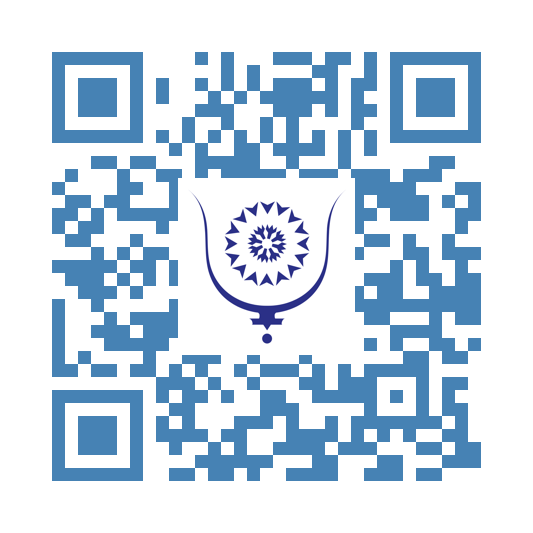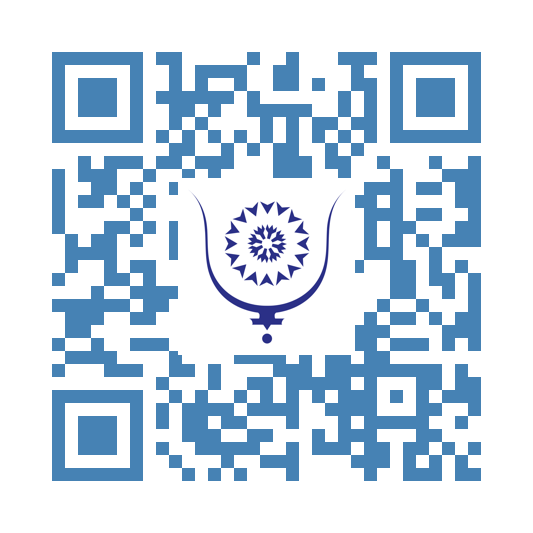Un philosophe, de l’acide, et une pierre 92
Un ami m’a demandé un jour d’écrire sur la pierre philosophale. Je ne sais pas trop pourquoi, mais il insiste souvent avec cette phrase étrange : « Entre à l’intérieur de la Terre, et en rectifiant, tu trouveras la pierre cachée. »
En général quand il me sort ça, je le regarde comme s’il parlait une langue morte et dans un sens, c’est presque le cas. Alors aujourd’hui, je prends un peu de temps pour essayer de comprendre ce que ce charabia veut dire.
Apparemment, ce fameux message est un acronyme ancien qu’utilisaient les alchimistes : V.I.T.R.I.O.L.
Ça veut dire : Visita Interiora Terrae, Rectificando Invenies Occultum Lapidem, en français : « Visite l’intérieur de la Terre, et en rectifiant, tu trouveras la pierre cachée. »
Ok… ça a toujours l’air bizarre, mais on commence à voir où ça veut aller. En gros, on te dit : « Descends dans la profondeur des choses, cherche à comprendre, à purifier… et tu trouveras quelque chose de précieux. »
Mais quoi ? Cette fameuse pierre philosophale.
Alors, petite pause : c’est quoi exactement la pierre philosophale ?
Dans les livres d’alchimie, c’est cette substance légendaire qui permettrait de transformer le plomb en or, et de fabriquer l’élixir de vie. Elle représente l’ultime but de l’alchimiste, le graal absolu. Mais soyons honnêtes, personne n’a jamais mis la main dessus, en tout cas pas physiquement. Et c’est là que le truc devient intéressant, la pierre n’est pas qu’une matière, c’est surtout un symbole.
Elle incarne la transformation totale de la matière brute vers un état pur, de l’homme ordinaire vers l’homme éveillé. Bref, c’est un aboutissement, un accomplissement autant intérieur qu’extérieur.
Mais quel est le rapport avec le Vitriol ? Parce que, quand on tape ce mot sur Internet, on tombe sur des trucs pas très spirituels : un acide corrosif, puissant, dangereux. En chimie, le Vitriol, c’est un liquide capable de dissoudre presque tout. Et là, je me demande :
Comment on passe d’un acide qui ronge tout à un symbole de lumière intérieure ?
Eh bien… c’est justement ça, le génie de l’alchimie.
Le Vitriol chimique représente la phase de destruction nécessaire dans tout processus de transformation. Il dissout, il nettoie, il casse ce qui est trop solide, trop figé. En langage symbolique, c’est la descente dans nos ombres, dans nos blocages, dans nos failles. Le Vitriol devient le symbole de la purification. On enlève les couches mortes, les masques, les illusions… pour révéler quelque chose de plus vrai.
Donc oui, l’alchimiste "utilise" le Vitriol pour faire la pierre philosophale. Mais pas comme on utilise un ingrédient dans une recette. C’est plus profond. Le Vitriol, c’est l’étape du feu intérieur, celle où on affronte, on traverse, on se transforme. Et ce n’est qu’en passant par cette phase-là, la plus inconfortable, la plus obscure qu’on peut espérer atteindre la fameuse pierre.
Et pour rendre tout ça un peu plus pop culture : Harry Potter en parle aussi. Dans le premier tome, Harry Potter à l’école des sorciers, toute l’histoire tourne autour de la pierre philosophale. Elle donne l’immortalité, transforme le métal en or, sauf qu’à la fin Nicolas Flamel accepte de la détruire. Pourquoi ?
Parce qu’il comprend que la vraie sagesse, c’est de vivre, pas de fuir la mort. C’est une très belle image en fait, la pierre est là, mais elle ne sert pas à devenir invincible, elle sert à comprendre que ce qui compte. C’est la transformation intérieure, pas le pouvoir brut.
En vrai, on est tous un peu alchimistes. On cherche à transformer nos galères en force, nos erreurs en leçons, nos ombres en lumière. Le Vitriol, ce n’est peut-être pas un liquide qu’on garde dans un flacon mais plutôt une épreuve qu’on traverse. Et la pierre philosophale, ce n’est peut-être pas un objet mais ce qu’on devient à la fin du chemin.
Et je conclus cette réflexion par une petite histoire que j’ai trouvée sur ma route. Une vieille légende hindoue que je vous livre telle quelle, parce qu’elle parle mieux que moi de cette quête de transformation intérieure :
« Il y eut un temps où tous les hommes étaient des dieux. Mais ils abusèrent tellement de leur divinité que Brahma, le maître des dieux, décida de leur ôter le pouvoir divin et de le cacher à un endroit où il leur serait impossible de le retrouver. Le grand problème fut donc de lui trouver une cachette.
Lorsque les dieux mineurs furent convoqués à un conseil pour résoudre ce problème, ils proposèrent ceci : « Enterrons la divinité de l'homme dans la terre ». Mais Brahma répondit : « Non, cela ne suffit pas, car l'homme creusera et la trouvera ».
Alors les dieux répliquèrent : « Dans ce cas, jetons la divinité dans le plus profond des océans ».
Mais Brahama répondit à nouveau : « Non, tôt ou tard, l'homme explorera les profondeurs de tous les océans, et il est certain qu'un jour il la trouvera et la remontera à la surface ».
Alors les dieux mineurs conclurent : « Nous ne savons pas où la cacher, car il ne semble pas exister sur terre ou dans la mer d'endroit que l'homme ne puisse jamais atteindre un jour ».
Alors Brahma dit : « Voici ce que nous ferons de la divinité de l'homme : nous la cacherons au plus profond de lui-même, car c'est le seul endroit où il ne pensera jamais à chercher ».
Depuis ce temps-là, conclut la légende, l'homme a fait le tour de la terre, il a exploré, escaladé, plongé et creusé, à la recherche de quelque chose qui se trouve en lui ».





